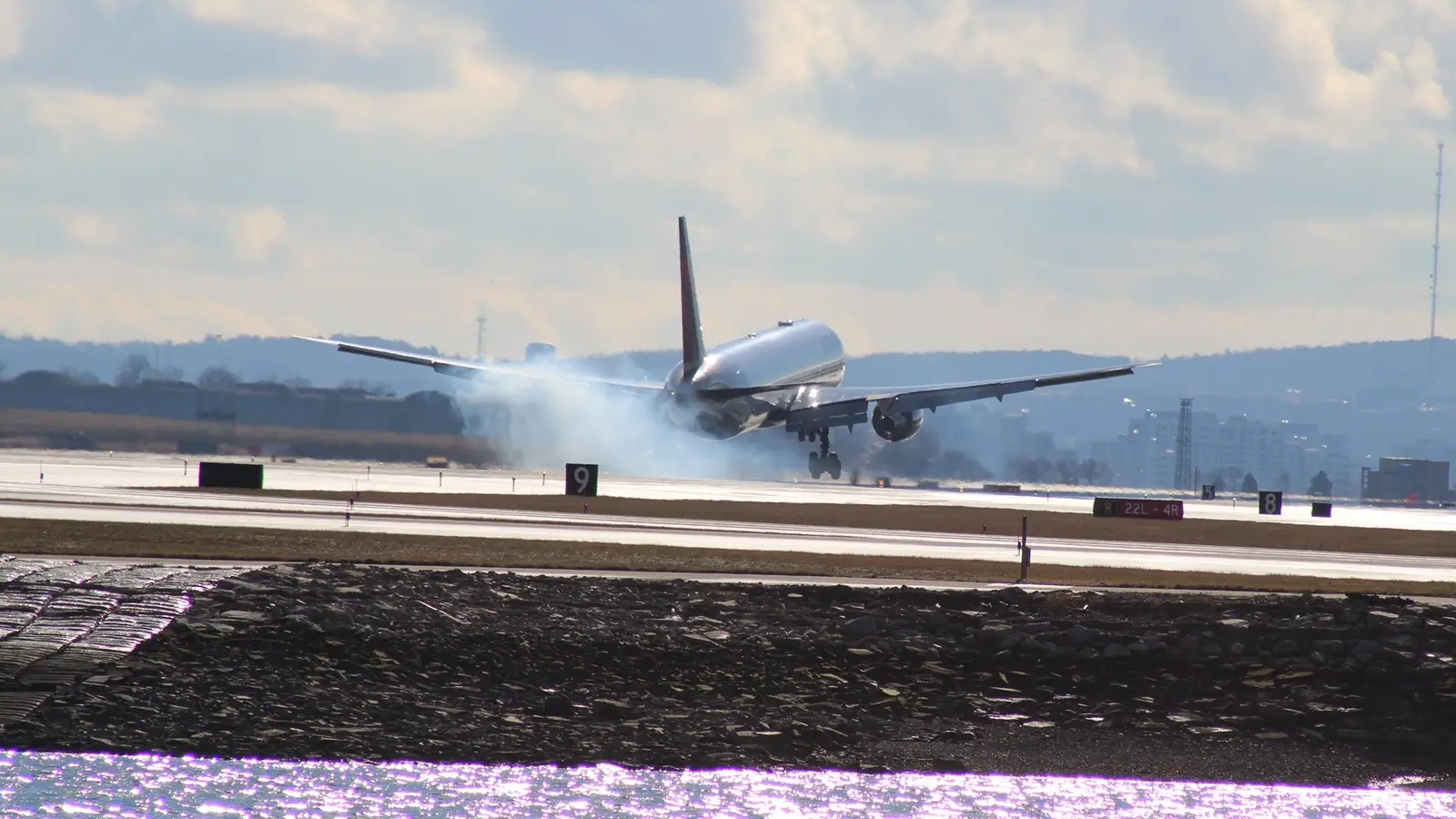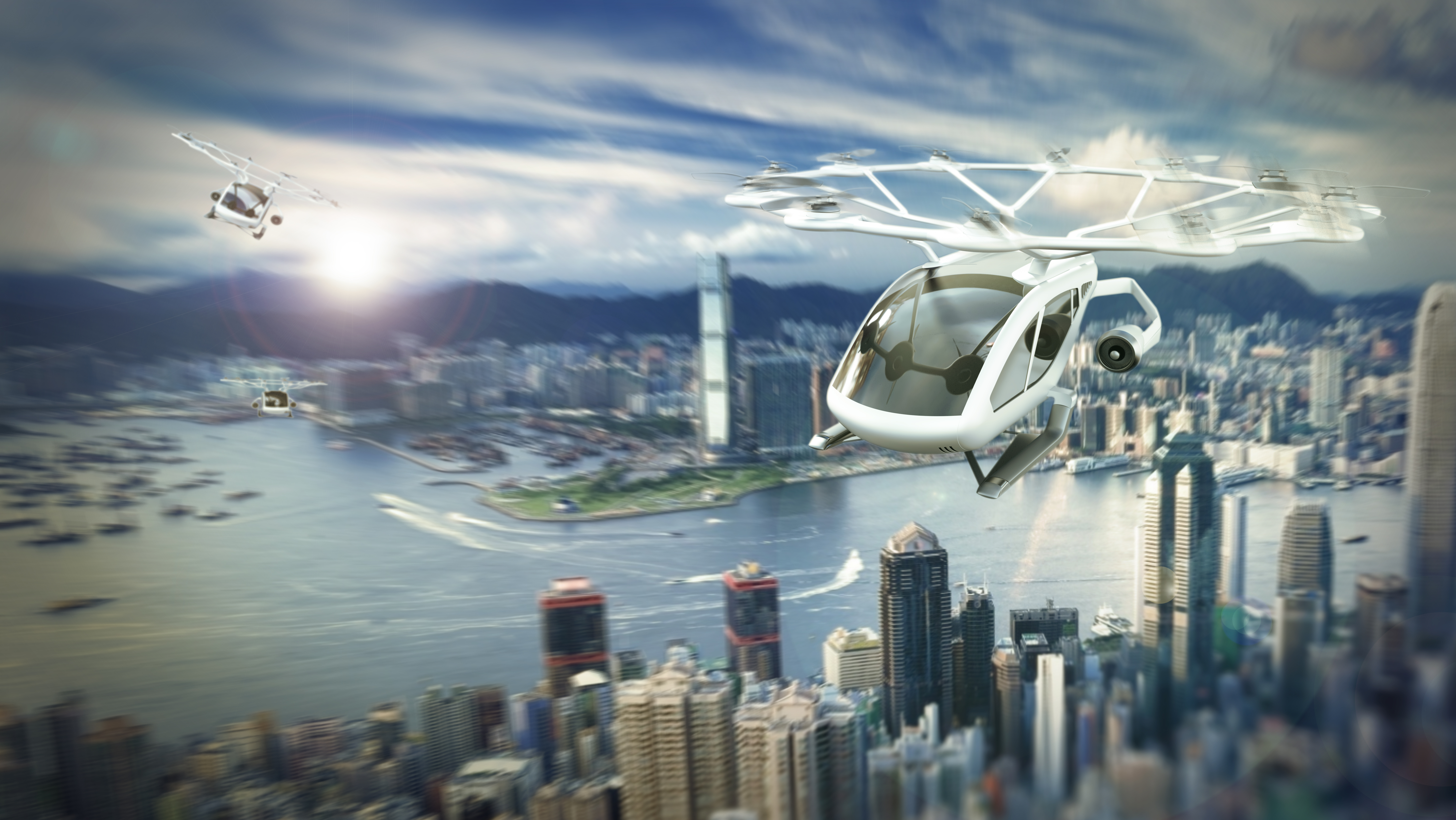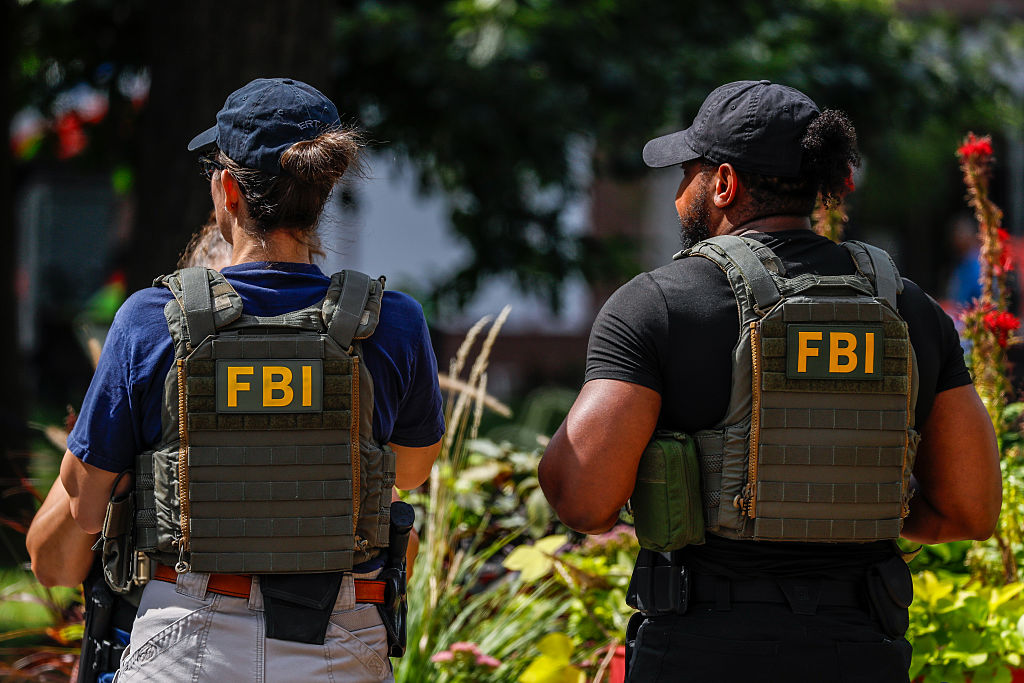Copyright Simple Flying

On October 24, 2026, Delta Air Lines will begin service from Boston Logan International Airport (BOS) to Tel Aviv Airport (TLV). It will be flown on the Airbus A330-900neo with Delta One, Delta Premium Select, Delta Comfort, and Delta Main products. Delta resumed service to Tel Aviv from New York JFK Airport (JFK) last month and, next April, the airline will also begin flights from Hartsfield-Jackson Atlanta International Airport (TLV) to TLV. The Airbus A330-900neo serves JFK to TLV, according to FlightAware, and the A350-900 will operate ATL to TLV flight plans. Delta Pumps Up Service To Israel Delta just recently increased flight frequencies from JFK to TLV in response to higher winter travel demand, offering two flights a day. The addition of ATL and BOS service next year will bring the total number of daily flights between the East Coast of the United States and Israel to three times a day. During the peak winter season, if Delta increases frequency to meet the surge, there could be between four and six flights a day. There was a brief pause in service when Israel and Iran were engaged in hostilities this summer. Missile bombardments and air strikes in June dictated a halt to civil flights into the area until the conflict subsided. Israel and Iran ceased hostilities on June 24 after twelve days of intensive combat due to pressure from the US Government. The end of hostilities made it possible for Delta to ramp its service back up and next year will be even better as the airline continues to regrow its network in the post-COVID era. Massport Executive Director of Aviation, Ed Freni, gave his comment in the airline’s press release, saying: “Massport welcomes Delta’s resumed service between Boston and Tel Aviv. This addition provides travelers with another option from Boston Logan.” Delta’s A330-900neo Delta has 39 examples of the new widebody A330-900neo in its fleet today, with an average age of three years old, according to Planespotters.net data. The new jets replaced A330-200 and -300 aircraft. It is a modern and comfortable aircraft that is central to Delta's long-haul and transatlantic operations. The cabin features the new “Airspace” architecture with a spacious design, relaxing aesthetic, and customizable LED lighting. The plane has optimized systems and new engines that make it less expensive for the airline to operate, but also quieter and smoother to fly aboard as a passenger. The overhead bins are larger, the seats are padded with memory foam, and the air quality system has been upgraded from the legacy A330 series jets. Delta’s dining service is highly regarded by travelers, and an amenity kit is offered on long-haul routes like BOS to TLV. An eye mask, lotion, socks, and a Missoni bedding set are all provided. The Delta One cabin is slightly smaller than the A350-900 with less lavatories, but all the other amenities and features are the same on the A330-900neo. The Twelve-Day War Of 2025 The armed conflict that forced Delta to shut down its pre-existing Tel Aviv service was ignited by a coordinated air strike against Iranian nuclear facilities and assassinations of Iranian military leaders and scientists on June 13. Iran retaliated with a massive bombardment of over 500 missiles and 1,000 bomb-carrying suicide drones. A hospital and multiple critical infrastructure facilities were struck in Israel, despite most of the missiles and drones being intercepted. The US Air Force bombed three more nuclear sites in Iran with Northrop Grumman B-2 Spirit stealth bombers and Tomahawk cruise missiles from US Navy submarines on June 22. Iran then retaliated to the dramatically named “Operation Midnight Hammer” by firing missiles at a US base in Qatar. The ceasefire followed shortly after, and senior Iranian Air Force leaders are believed to have gone to the People’s Republic of China (PRC) afterwards in pursuit of an arms deal. Israel is suspected of having used newly acquired Lockheed Martin F-35 Lightning II fighter jets in its air raid, and Iran claimed to have shot down one, but no proof has ever materialized. The US announced that F-22 Raptors and F-35s escorted the B-2s during the follow-up air strikes, but this was also never confirmed. The Iranian Air Force lost a large number of air defense systems and aircraft parked on the ground in the attacks, including some of its remaining Grumman F-14 Tomcats. This is believed to be the motivation for Iran to initiate a weapons deal with the PRC, along with its lack of confidence in Russia’s continued capacity to deliver weapons or new jets like the Sukhoi Su-57 Felon amid its prolonged, stalled invasion of Ukraine.



